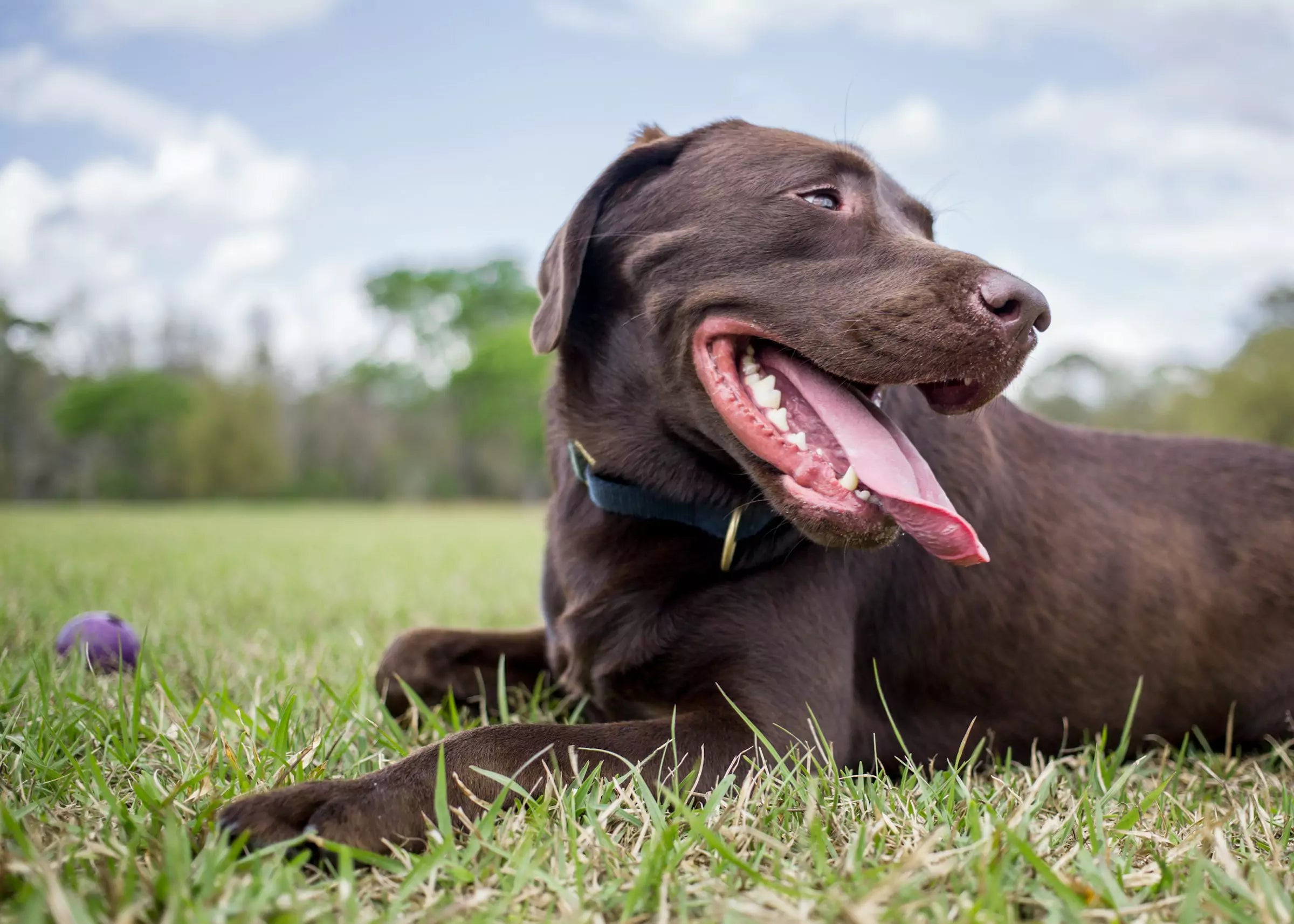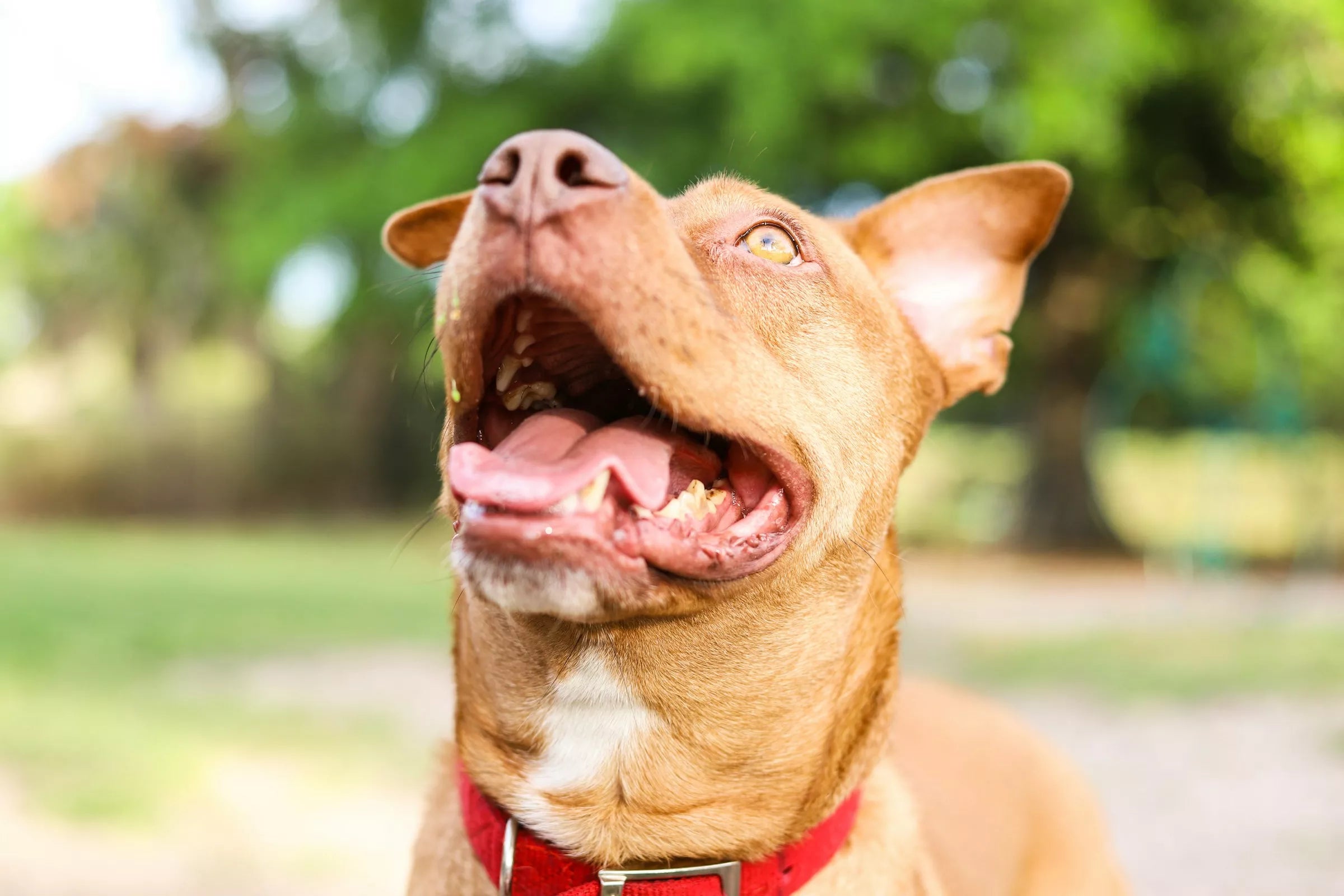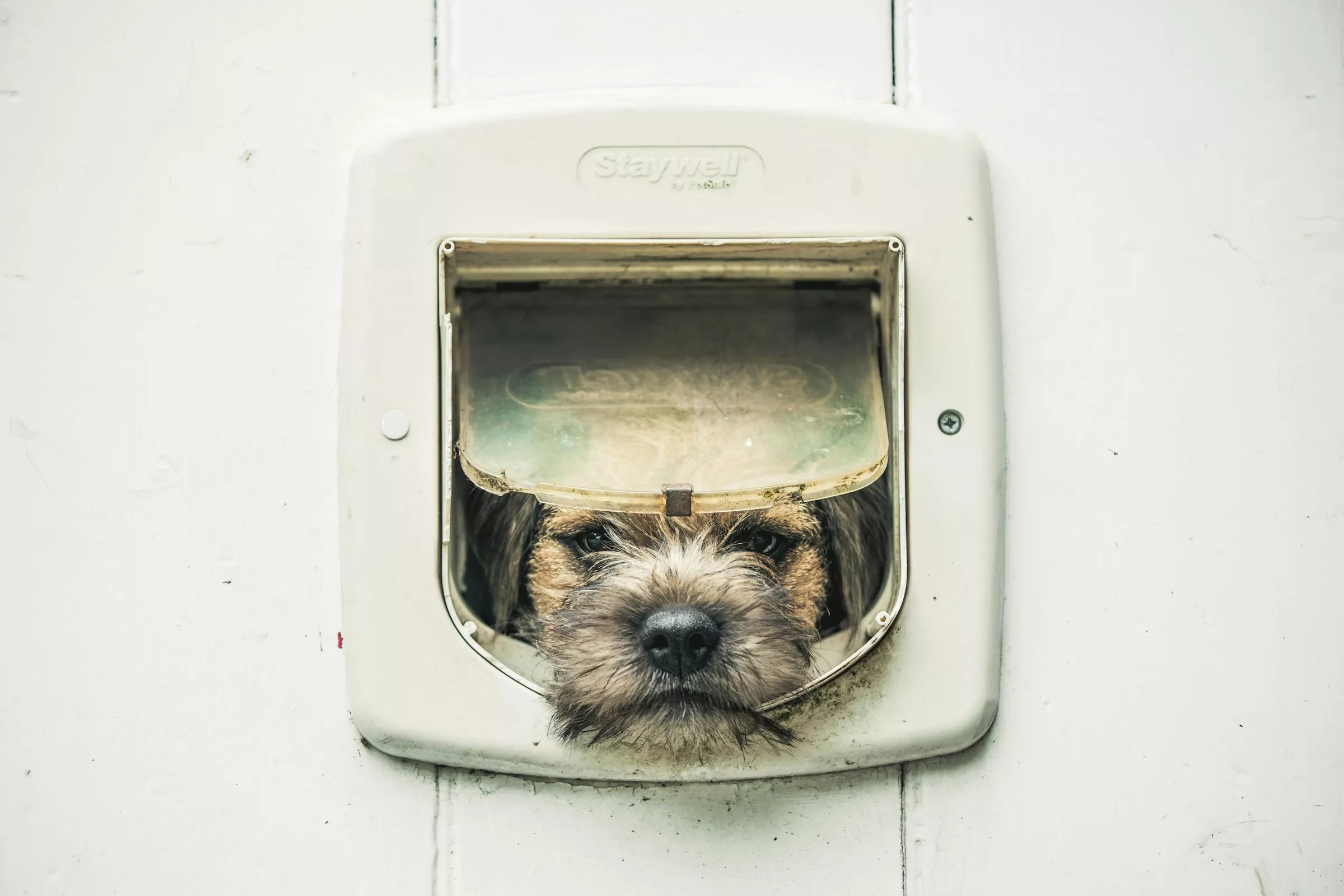As a loving dog parent, you're likely familiar with the joy and responsibility of caring for your furry friend. From regular walks to vet visits, you strive to ensure your dog's well-being in every aspect. One crucial aspect of your dog's health that shouldn't be overlooked is dental care. But amidst all the information out there, you might find yourself wondering: should your dog's teeth be white?
Understanding Dog Teeth
Before diving into the question of tooth color, let's understand a bit about dog teeth. Similar to humans, dogs have different types of teeth serving various functions. These include incisors, canines, premolars, and molars. Each type plays a role in biting, tearing, and chewing food, highlighting the importance of maintaining their health.
Should Dogs' Teeth Be White?
Now, onto the main question: should your dog's teeth be white? In short, yes, pearly white teeth are often associated with good oral health. However, the reality for dogs can be a bit different. Several factors can influence the color of a dog's teeth, including genetics, diet, and age.

Why Are Dog Teeth White?
So, why are some dogs' teeth white while others may appear slightly yellow or even brown? The natural color of a dog's teeth can vary just like in humans. Some dogs may naturally have whiter teeth due to genetics, while others might develop discoloration over time due to factors like plaque buildup and tartar accumulation.
Signs of Dental Problems
While tooth color can provide some insights into your dog's oral health, it's essential to look out for other signs of dental problems too. Bad breath, swollen gums, and difficulty chewing are just a few indicators that something might be amiss. Regular dental check-ups can help catch issues early on and prevent them from progressing.

Importance of Regular Dental Check-ups
Regular dental check-ups are crucial for maintaining your dog's oral health. Your veterinarian can perform a thorough examination and recommend any necessary treatments, such as professional cleanings or extractions. Additionally, they can provide guidance on home dental care practices to keep your dog's teeth and gums in top condition.
Home Dental Care Tips
In addition to professional care, there are several steps you can take at home to promote your dog's dental health. Brushing your dog's teeth regularly with a pet-safe toothpaste and toothbrush can help remove plaque and prevent tartar buildup. Additionally, offering dental chews and treats designed to clean teeth can complement your efforts.
Should You Be Concerned If Your Dog's Teeth Aren't White?
If your dog's teeth aren't gleaming white, should you be worried? Not necessarily. While white teeth can indicate good oral hygiene, other factors matter too. As long as your dog's teeth and gums are healthy, a slight color variation is usually nothing to fret over. However, if you notice any concerning changes or symptoms, it's best to consult with your veterinarian promptly.
Conclusion
In conclusion, while white teeth are often desirable, they're not the sole indicator of good dental health in dogs. Understanding your dog's individual oral care needs and providing appropriate dental care can help ensure their overall well-being. By staying proactive and attentive to your dog's dental health, you can help them enjoy a lifetime of happy smiles and wagging tails.
FAQs
-
How often should I brush my dog's teeth?
Ideally, you should aim to brush your dog's teeth at least 2-3 times a week. However, daily brushing is even better for maintaining optimal oral health.
-
Are there any alternatives to brushing for dental care?
While brushing is the gold standard for dental care, dental chews, water additives, and specialized diets can also help promote your dog's dental health.
-
Can certain foods affect my dog's tooth color?
Yes, certain foods and treats, particularly those high in dyes or additives, can contribute to tooth discoloration over time.
-
At what age should I start caring for my dog's teeth?
It's never too early to start! Ideally, you should begin dental care practices with your dog as soon as possible to establish good habits.
-
What should I do if my dog resists tooth brushing?
If your dog is hesitant about tooth brushing, try gradually introducing them to the process with positive reinforcement and patience. You can also consult with your veterinarian for additional tips and techniques.















Share:
When Should Dogs Be Vaccinated?
Can Dogs Eat Steak?